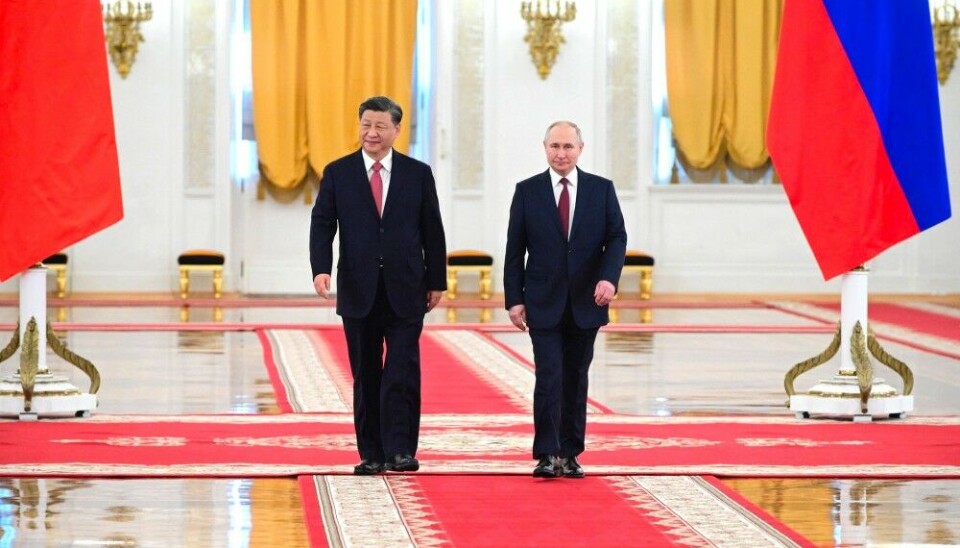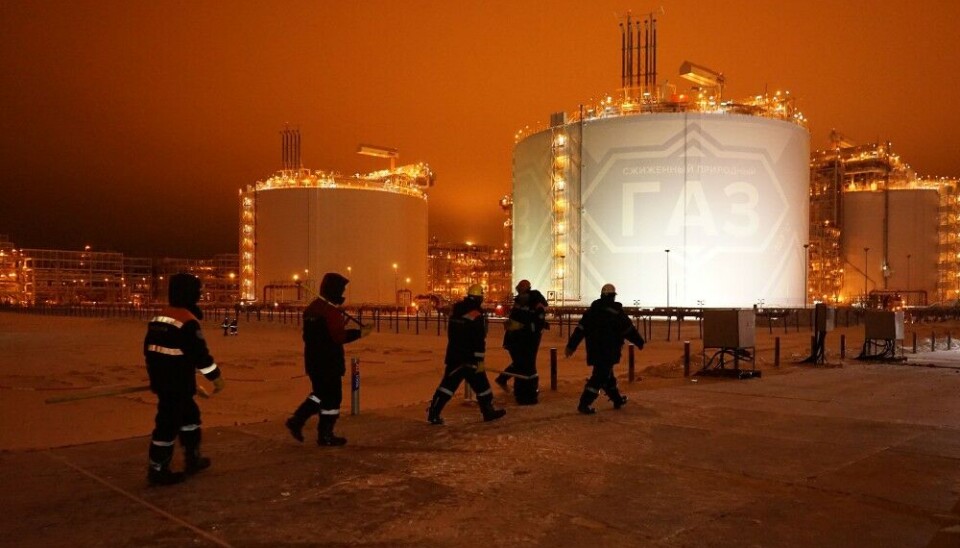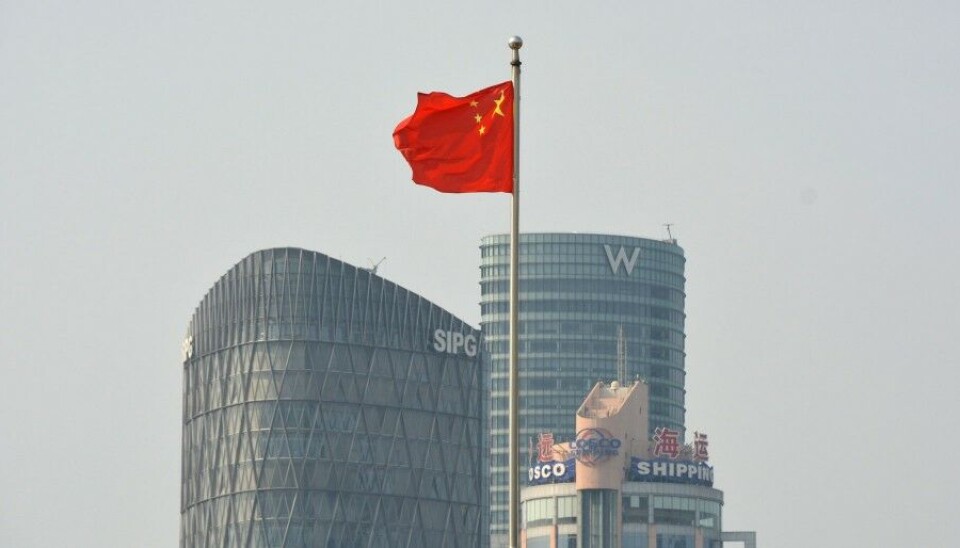
Arctic shipping and energy on Putin's agenda with Xi Jinping
Vladimir Putin says Russia is ready to establish a joint Russian-Chinese structure for the development of the Northern Sea Route.
Energy, technology and infrastructure were key issues on the Russian agenda with Chinese leader Xi Jinping during today’s top meeting in Moscow. And the role of the Arctic was highlighted.
According to Putin, the two countries should cooperate on transit shipments on the Northern Sea Route, the Arctic shortcut between Atlantic and Pacific waters. The Russian side is also prepared to give the Chinese a bigger role in the development of the route.
“We are ready to create a joint working organ on the development of the Northern Sea Route,” Putin told Xi.
The Northern Sea Route has long been a priority for the Russian leader and the country’s Arctic Strategy includes an ambition to boost shipments on the route to 80 million tons in 2024 and further to an annual of more than 130 million tons by 2030.
With his invasion of Ukraine and subsequent isolation from the international community, Putin is ready to give his Chinese friend a far bigger role in the resource-rich Russian North.
The meeting in the Kremlin followed Xi’s talks with Russian PM Mikhail Mishustin. Also in that meeting, the Arctic was on the agenda.
The Russian premier highlighted the two joint projects Yamal LNG and Arctic LNG 2 as top government representatives from both countries on Tuesday morning assembled in the White House, the government building located on the bank of the Moscow River.
The Russian side included all of Prime Minister Mishustin’s deputies and ministers, as well as leaders of key government agencies.
“They are all directly interacting with Chinese colleagues and are today developing joint projects in their respective fields,” Mishustin told Xi Jinping.
But it was energy that was devoted the main attention of the Russian premier, and he specifically mentioned the Yamal LNG and Arctic LNG 2, the two Arctic projects that are developed in cooperation between the two countries.
“These huge joint projects are successfully being developed,” Mishustin underlined.

According to the government leader, the two sides during the state visit intend to make a series of key decisions on bilateral cooperation in the period until year 2030. From before, a total of 79 joint investment projects worth more than $165 billion are in process, he explained.
He also highlighted the importance of Chinese high-tech, especially in the fields of aircraft and machinery, space industry and other sectors.
“I am absolutely confident that the extension of innovative cooperation will strengthen the technological sovereignty of Russia and China,” he underlined.
Also transportation and logistics is on the agenda.
“In the new geopolitical situation the significance of transport-logistical corridors and cross-border infrastructure increases,” Mishustin told XI.
From the Chinese side, Xi highlighted the the Road and Belt initiative and invited both Vladimir Putin and PM Mishustin to the upcoming 3rd conference One Belt - One Road.
The Chinese companies CNPC and Silk Road Fund own 20 percent and 9,9 percent respectively of the Yamal LNG. In the Arctic LNG 2 project, the companies CNPC and CNOOC both own 10 percent stakes. The former project has been in operation since late 2017 while the latter is due to start production late 2023.

Chinese companies could ultimately team up also with oil company Rosneft. In the China-Russia Energy Business Forum in November 2022, Rosneft CEO Igor Sechin praised the Asian superpower and its president.
According to Sechin, Xi stands at the helm of an anti-western world order.
“It appears that the Chinese People’s Republic works for the unification of mankind, while the West seeks its division,” Sechin said. He added that the state leaders of Russia and China have “concurring views on processes ongoing in the world.”
Rosneft is eager to get Chinese companies onboard in its huge Arctic project Vostok Oil.
“The Vostok Oil will provide long-term reliable and guaranteed deliveries of energy for the growing economies of Asian countries,” Sechin argued at the Business Forum.














